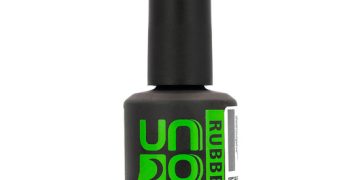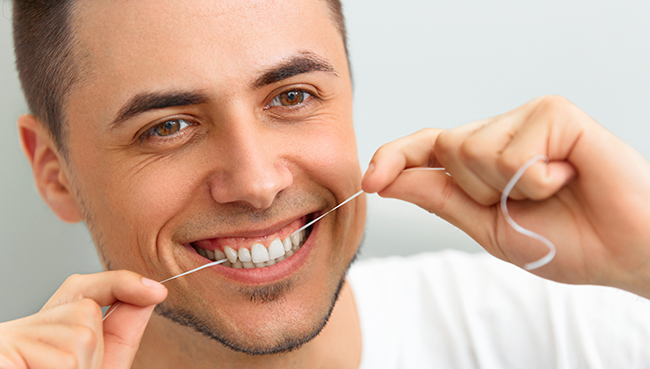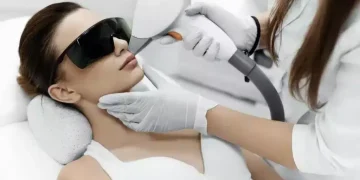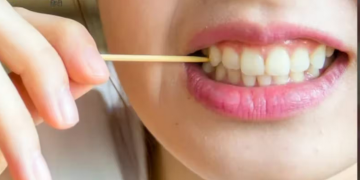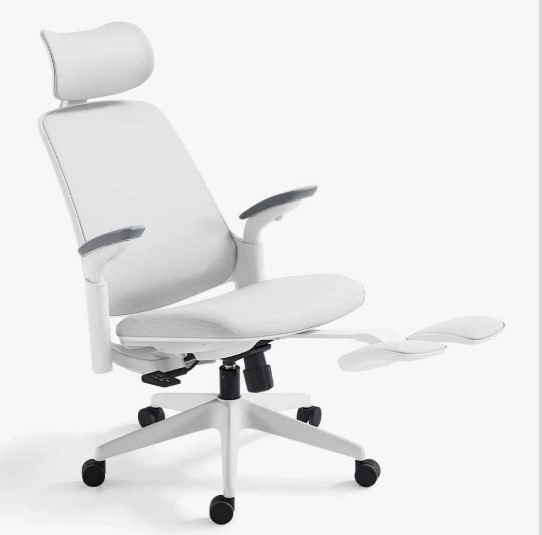Often neglected, oral health is a serious matter that needs a lot of care to avoid illness. No one wants to go through that emergency visit to the dentist or have that nagging pain in their tooth, right? We want to help you take better care of your teeth.
First, let’s understand the importance of taking care of oral health.
The importance of oral health
The mouth is composed of teeth, gums, tongue, cheeks, lips and other structures that perform important functions for chewing, swallowing, speaking and smiling. When everything is working well, the mouth provides us with well-being and health. But if a person does not take care of his mouth, some diseases can develop, such as:
Bacterial plaque;
Dental cavity;
Dental calculus;
Gingivitis;
Periodontitis;
oral injuries;
Mouth cancer.
In addition to these oral conditions mentioned, according to the Ministry of Health, studies prove that oral health is intimately related to general health, as the mouth interacts with all body structures. Poor oral hygiene conditions can lead to complications and worsening of cardiovascular disease and diabetes.
Therefore, to avoid these diseases, good oral hygiene is essential. Brushing and cleaning your teeth daily removes plaque, which is a thin film of bacteria that builds up on your teeth. If plaque is not removed, it continues to build up, feeding on the bits of food left behind and causing oral disease.
How to take care of teeth?
We all learned to brush our teeth when we were little. But we don’t always follow the best oral hygiene habits. A few small changes to your daily routine can make a big difference in the long run. Check out!
1. Brush your teeth thoroughly daily
The ideal is to brush your teeth at least three times a day with fluoride toothpaste: when you wake up, after lunch and before bed. According to the American Dental Association, it is recommended to brush your teeth for about two minutes using small, smooth circular movements. But don’t forget to pay attention when brushing. Yeah, if you do something else while brushing, you probably won’t clean your teeth well.
Start with the outer surfaces of the teeth and then move to the outer surfaces below. Repeat this for the inner surfaces. Then brush the chewing surfaces of the upper and lower teeth. Brush down to the gum line and back teeth, hard-to-reach areas.
2. Don’t forget the tongue
This doubt is very common, but yes, it’s important to brush your tongue too. That’s because she accumulates food scraps and bacteria that cause bad breath. Make careful movements with the brush “sweeping” the tongue from the inside to the tip.
3. Choose a suitable toothbrush
What do you consider when choosing a new toothbrush? For most adults, a good toothbrush should be soft to medium bristles. Therefore, the hard ones are generally for specific cases such as the use of dental prostheses. In addition, ideally, the brush should have a small to medium head to reach all parts of the mouth. In case of doubt, ask your dentist what he recommends for your case.
4. Change the toothbrush every 3 months
Worn out toothbrushes cannot clean teeth properly and can damage tooth enamel and gums. It’s important to change your toothbrush every two to three months, or sooner if the filaments wear out. When the bristles spread out, they don’t clean properly.
5. Floss daily
Cleaning between the teeth removes plaque and bits of food in areas that the toothbrush cannot reach. Therefore, use approximately 40 centimeters of floss and keep a regular pattern when flossing to remember not to miss any teeth. Do not forget about the back of the last teeth. It helps to look in the mirror. It’s easier to floss if you use a water flosser instead of the regular floss, they offer a more gentle alternative to traditional floss and are less likely to cause our gums to become inflamed or bleed.



